
As we move further into 2026, the construction industry continues to evolve at pace. From ongoing skills shortages to changing project demands, both candidates and employers are having to adapt quickly. At FBR Recruitment, we’re seeing some clear trends emerge, and understanding them can make all the difference when it comes to securing the right role or the right people.
The Skills Shortage Isn’t Going Away
One of the biggest challenges facing the industry remains the lack of skilled professionals across key trades and technical roles. Site managers, engineers, quantity surveyors and experienced tradespeople continue to be in high demand, particularly on long-term and specialist projects.
For candidates, this means opportunity. Those with the right experience, qualifications and attitude are in a strong position to negotiate competitive packages and secure consistent work. For clients, it reinforces the importance of moving quickly and partnering with a recruitment agency that already has access to reliable talent.
What Candidates Are Looking for in 2026
We’re seeing a shift in candidate priorities. While pay remains important, many professionals are also placing greater value on:
- Job security and long-term projects.
- Clear progression opportunities.
- Supportive site teams and strong leadership.
- Work-life balance where possible.
Candidates who communicate their goals clearly are more likely to be matched with roles that truly suit them, not just in the short term, but for their wider career.
How Employers Can Stand Out
With competition for skilled workers high, employers need to think beyond simply filling a vacancy. Clear job descriptions, realistic timelines and good communication all go a long way. Projects that offer stability, good site culture and clear expectations are far more attractive to today’s workforce.
At FBR, we work closely with our clients to understand not just the role, but the team, the site environment and the long-term vision, ensuring a better fit for everyone involved.
The Value of a Specialist Recruitment Partner
Construction recruitment isn’t just about CVs. It’s about relationships, industry knowledge and trust. Our team takes the time to get to know both candidates and clients, allowing us to make informed placements that benefit all parties.
As the industry continues to change, having a recruitment partner who understands the market and can adapt quickly is more important than ever.
Looking Ahead
2026 is shaping up to be another busy year for construction. Whether you’re a candidate considering your next move or a client planning ahead for upcoming projects, preparation is key. If you’d like to discuss current opportunities or future workforce planning, the FBR Recruitment team is always here to help.
Work With Us
FBR Recruitment is a leading UK construction recruitment agency, providing tailored staffing and hiring solutions to businesses nationwide. We partner with construction firms, developers, main contractors, and professional consultancies to connect them with reliable, skilled candidates at every stage of a project. From trades and labour roles to site managers, commercial specialists, and senior leadership positions, we supply talent across the full construction spectrum.
With in-depth industry knowledge and a relationship-led approach, we take the time to understand each client’s challenges, deadlines, and workforce requirements. Our flexible recruitment services are designed to support fast-paced construction environments, helping employers secure dependable professionals and build strong teams for both short-term needs and long-term success.
Explore our latest construction jobs, learn more about our recruitment services, or get in touch with our experienced consultants to find the skilled workforce your business needs to succeed.



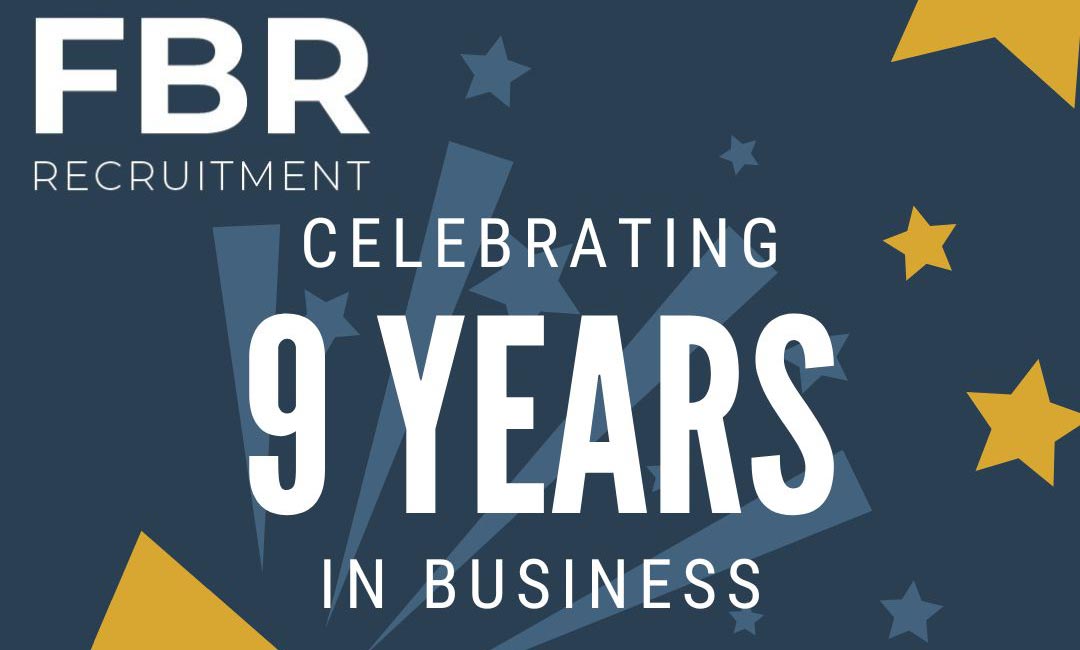
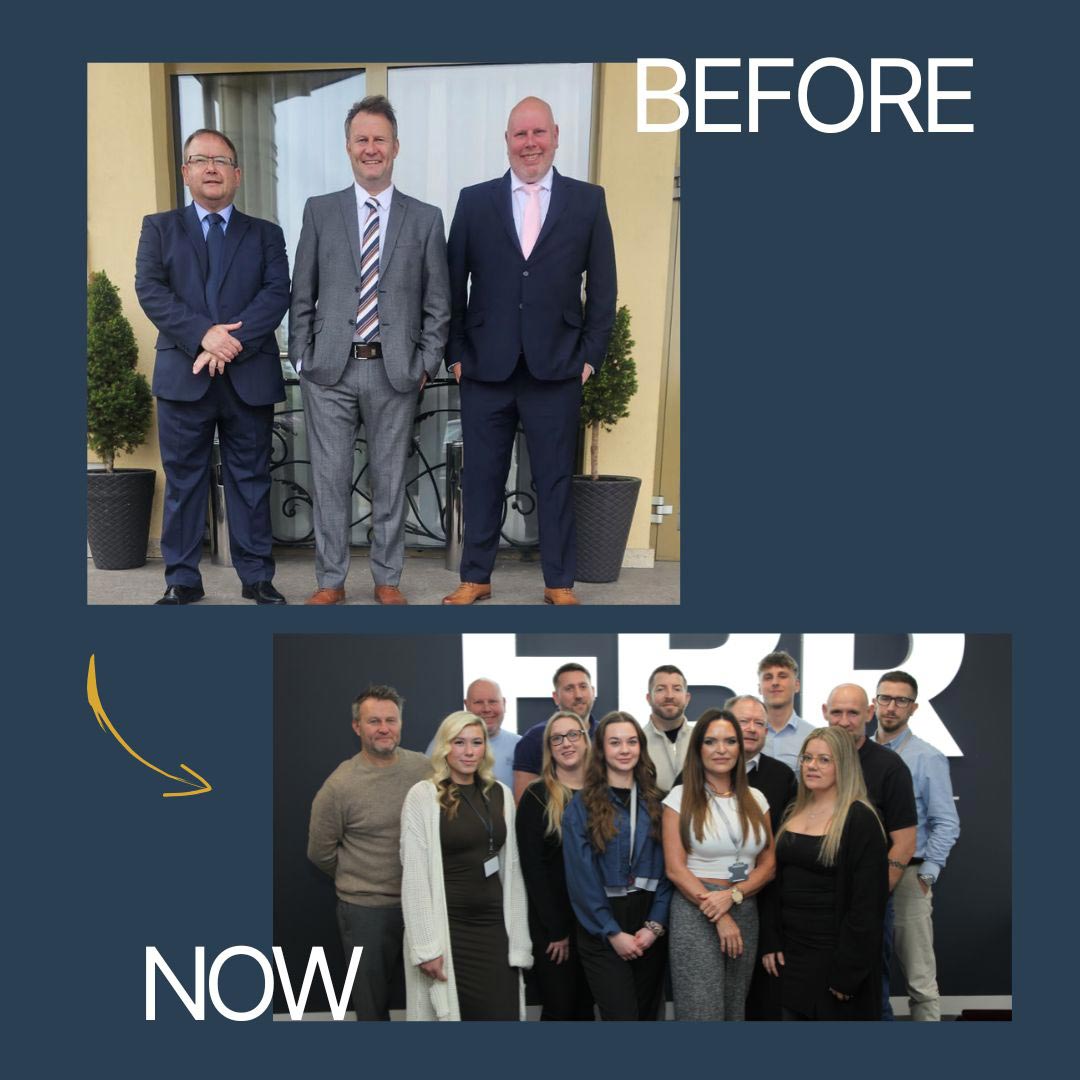



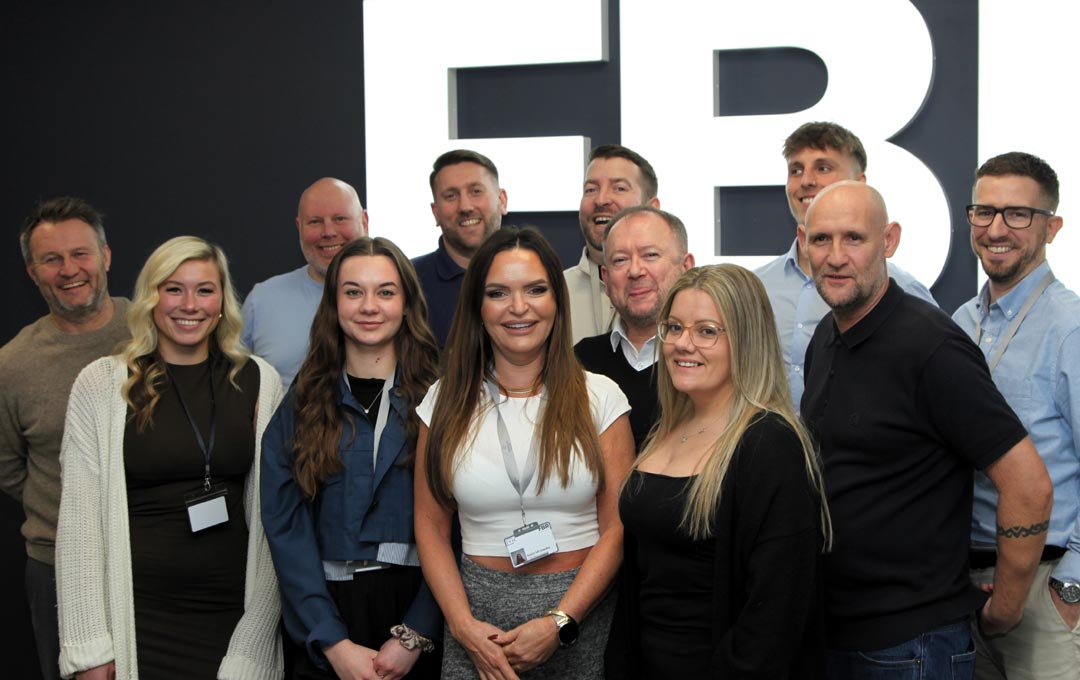





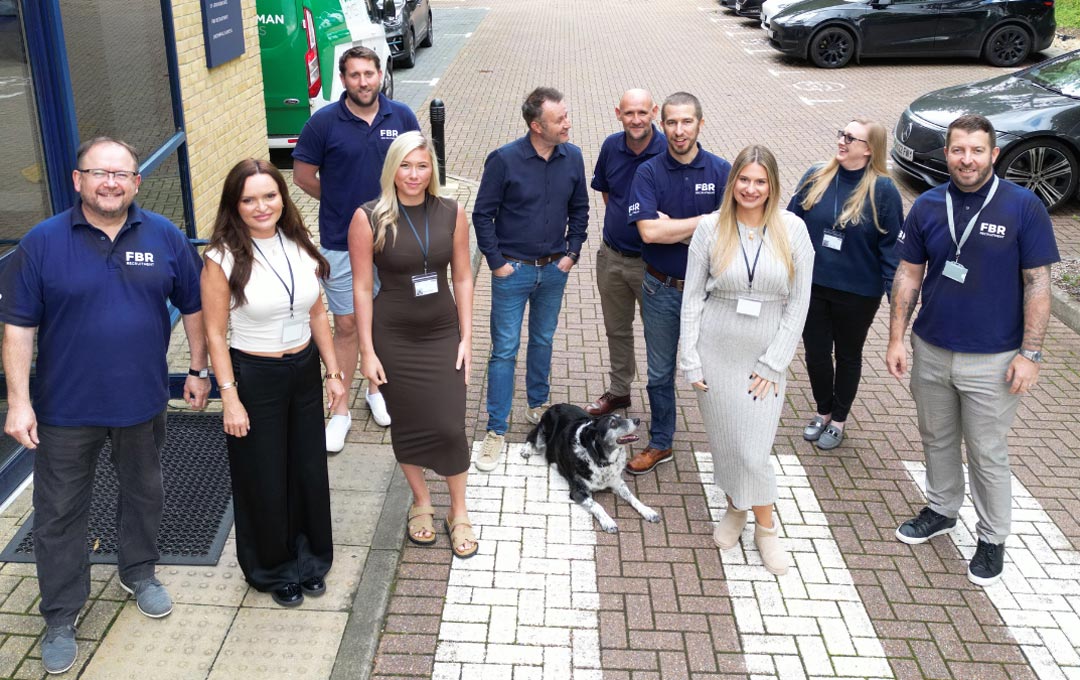 We’re proud to announce that FBR Recruitment has been shortlisted for the REC Awards’ Best Company to Work For category for organisations with under 20 employees. This recognition is a true reflection of the hard work, dedication, and positive culture our team brings every day. Being shortlisted is an incredible achievement, and it motivates us to continue nurturing an environment where our people can thrive.
We’re proud to announce that FBR Recruitment has been shortlisted for the REC Awards’ Best Company to Work For category for organisations with under 20 employees. This recognition is a true reflection of the hard work, dedication, and positive culture our team brings every day. Being shortlisted is an incredible achievement, and it motivates us to continue nurturing an environment where our people can thrive.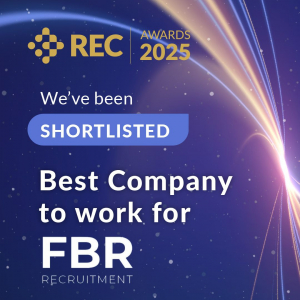
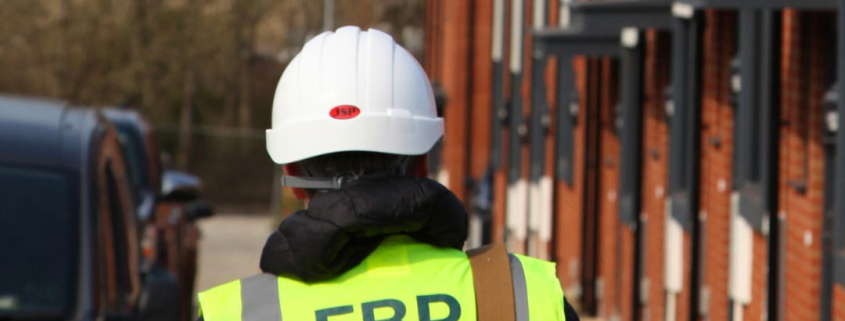
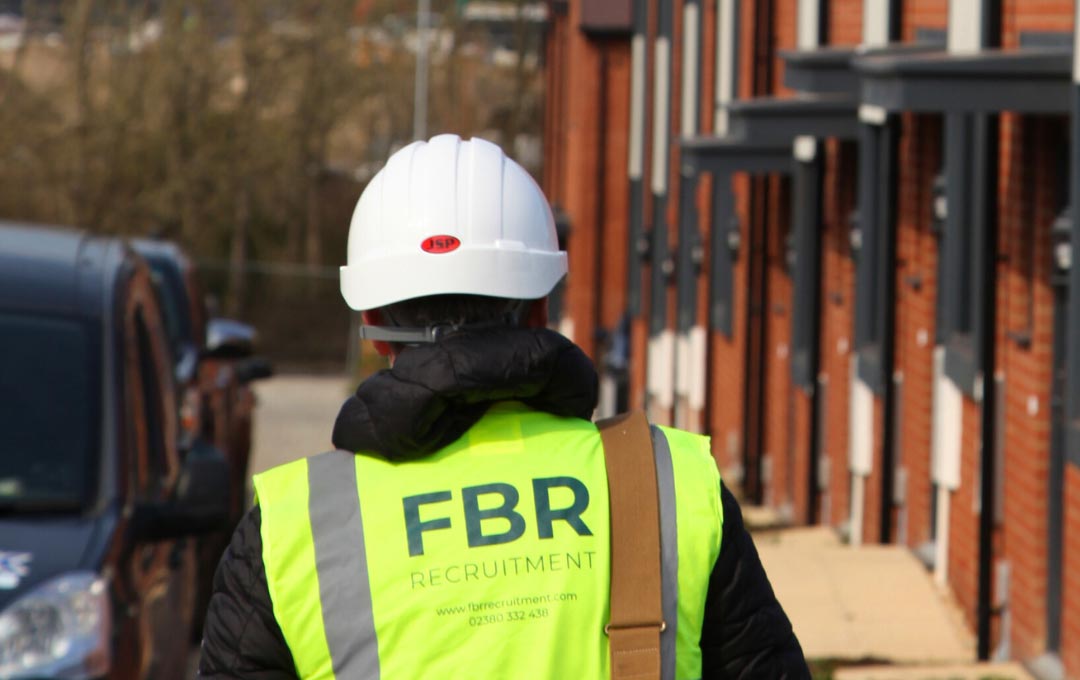 The construction industry is full of opportunity, if you’re willing to put the work in. Whether you’re just starting out or looking for your next placement, knowing how to stand out in a competitive trades and labour market can make all the difference.
The construction industry is full of opportunity, if you’re willing to put the work in. Whether you’re just starting out or looking for your next placement, knowing how to stand out in a competitive trades and labour market can make all the difference.
 At FBR, we believe in building more than just careers, we believe in building futures. One of the most rewarding ways we’ve done that in recent years is through our ongoing partnership with the University of Portsmouth, a collaboration that continues to grow, evolve, and deliver real results for students and the wider construction industry.
At FBR, we believe in building more than just careers, we believe in building futures. One of the most rewarding ways we’ve done that in recent years is through our ongoing partnership with the University of Portsmouth, a collaboration that continues to grow, evolve, and deliver real results for students and the wider construction industry.
 Did you know that construction workers are nearly four times more likely to die by suicide than the average person in the UK? It’s a shocking statistic, and one that highlights just how critical it is to address mental health in the industry.
Did you know that construction workers are nearly four times more likely to die by suicide than the average person in the UK? It’s a shocking statistic, and one that highlights just how critical it is to address mental health in the industry.
 When people think of construction, they often picture physically demanding labour on-site. While hands-on roles are a vital part of the industry, construction offers a diverse range of careers suited to various skill sets, interests, and personality types. We understand that every individual has unique abilities and aspirations. That’s why we aim to break the stereotype that construction is only about manual work. Whether your detail-oriented, analytical, a strong leader, or great at managing costs, there is a place for you in this dynamic industry. Here are some of the rewarding career opportunities available:
When people think of construction, they often picture physically demanding labour on-site. While hands-on roles are a vital part of the industry, construction offers a diverse range of careers suited to various skill sets, interests, and personality types. We understand that every individual has unique abilities and aspirations. That’s why we aim to break the stereotype that construction is only about manual work. Whether your detail-oriented, analytical, a strong leader, or great at managing costs, there is a place for you in this dynamic industry. Here are some of the rewarding career opportunities available:
